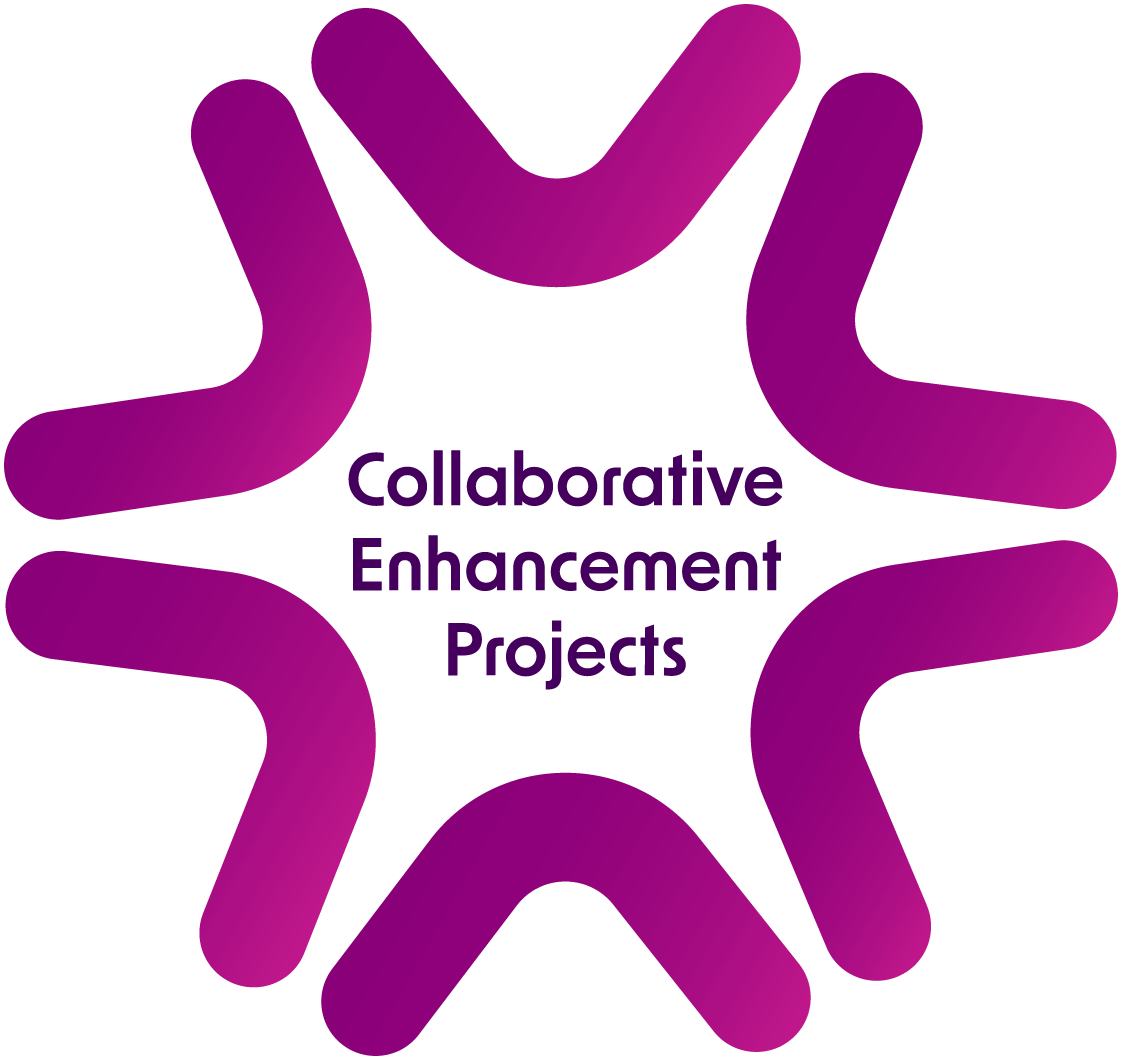Investigating a Student-Led Peer Community Initiative: BESST Buddies Scheme

Author
Angelica Blake-Lawson
University of Brighton
At the University of Brighton in the School of Education, Sport and Health, two Student Engagement Partners, both studying Primary Education with QTS (5-11), have used their time in the role to develop a Buddying Scheme. BESST, which stands for Brighton Education Student Support Teams, is their student-led peer community initiative put in place to improve student retention, improve feelings of belonging to the wider university community, and focus on student well-being. The idea was that BESST would be the first port of call for students when they had questions, and other students could signpost them before speaking to university staff, prompting the sharing of first-hand student experience in a more informal and less daunting way compared to speaking with academics.
After recognising the benefits of having informal discussions with other students at different levels of study, they thought that organising frequent peer meetings that didn’t just have academic focus would be crucial for improving the student experience as a whole. Researching other university buddying models, they drew on theory to help direct their actions and make their idea into a reality. Wengner-Trayner’s communities of practice theory was especially useful, as they discuss how groups of people who share a passion for something learn how to do things better when interacting with peers. As students on a Primary Education course, the passion for teaching is a really important aspect of their lives, and so it made sense to use this model to create a passionate and practice-based community.
Following a five-step model, they began recruiting second- and third-year student volunteers to support the year one cohort. They then randomly allocated students together across the year groups and began providing the volunteers with information and materials to help them answer questions in one shared space. Next, they created a list of rules that allowed the students to know what was acceptable within these groups and ensured that BESST did not replace the tutors and many different services offered by the University already. They also felt it especially important to remind students to check in on each other at particular 'pinch points' within the year, such as assignment deadlines and placements, to ensure a feeling of care and support during these challenging times.
As a result, in 2024 they created 23 groups in total, which were made up of six/seven year one students, one year two student and one year three student, and the success of this buddy scheme has excited them about its growth in the future. The idea is that as the academic year comes to a close, the large group of recruited year one students will move up to their next year of study, meaning more people will be a part of this scheme as the new cohort arrives. They would also like this buddying scheme to be active before students arrive at university, helping to alleviate some of the anxieties around starting in September for new students. This is something they’d like to advertise more widely on the University website for prospective students to share how they will be supported while studying Primary Education.
Last year they have received a multitude of positive feedback from the students who took part in the BESST Buddies Scheme, making it clear how beneficial this peer support has been. For example, year one students feeling worried about their upcoming placement were able to receive tips, advice and words of support from the year two students, allowing for valuable connections to be made across the years, and thus helping to create a sense of community. Similarly, a year two student said: “thank you from us all for checking in and supporting us throughout the year! I know for me it’s been reassuring to know this group is here if it’s ever needed. Hopefully this will be in place for years to come! I know I would have loved it as a first year, coming in and not knowing anyone.” This shows how the scheme is beneficial for all students involved, and that although the Student Engagement Partners who set this up graduated in summer 2024, they have left a significant legacy behind.
This blog is an output from a Collaborative Enhancement Project supported and funded by QAA Membership. The project is led by De Montfort University in partnership with Glasgow Caledonian University, University of Brighton and University of the Arts London.
Find out more about Collaborative Enhancement Projects.

